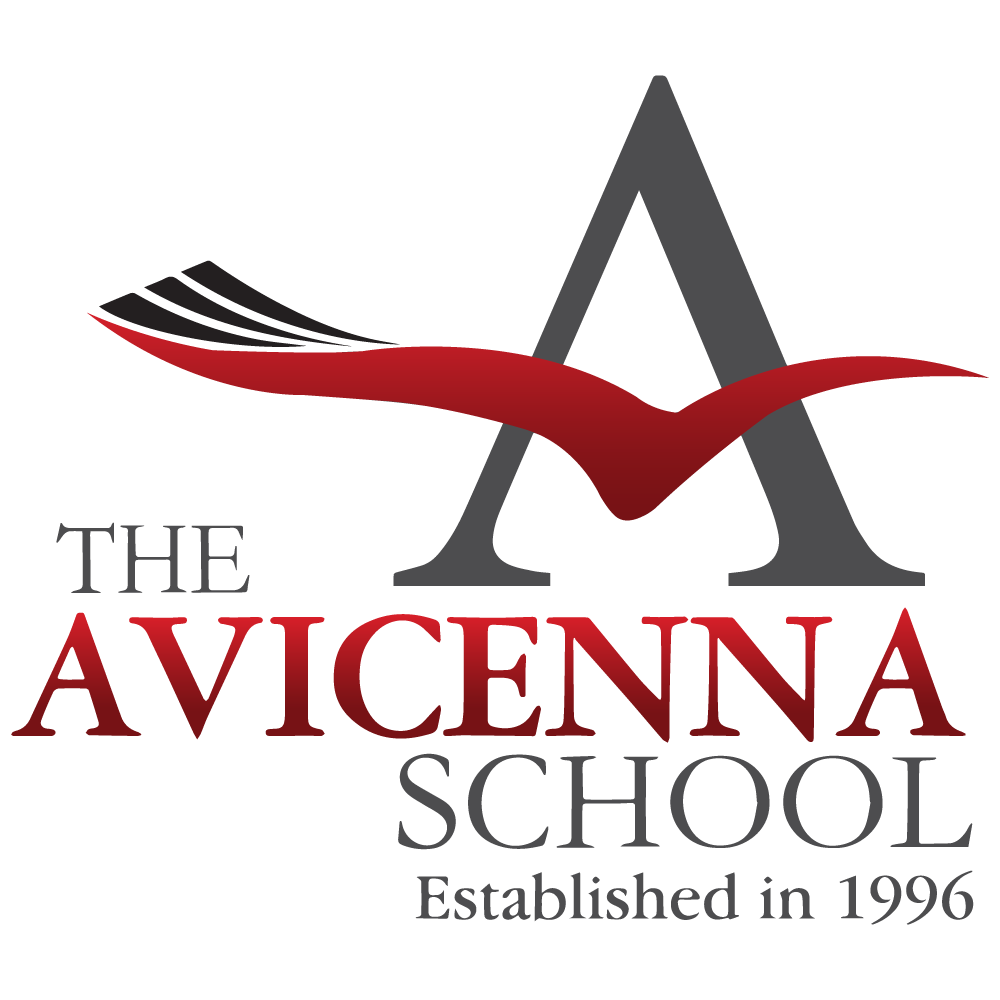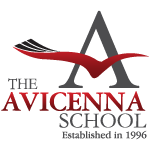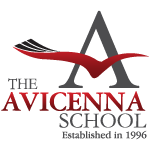Making a Difference
At the Avicenna School, with our philosophy of leading in our field, we make sure that our students have a clear understanding of the basic concepts of the curriculum and also have basic knowledge of what is required to become useful citizens of society.
Home Economics Club
Contrary to popular perception, Home Economics is not all about cooking and sewing. Home Economics can best be described as a life skills course – the facilitation of knowledge and skills to assist with the development of independent, resourceful citizens capable of making informed decisions and establishing work/life balance. We feel that Home Economics is essential for all our students. It is our goal to equip our students with basic life skills in order to cope with all aspects of living a full and balanced life.
Community Service
We engage our students in community service programs with the opportunity to become active members of their community. This results in a lasting, positive impact on society at large. Community service and volunteerism enables students to acquire life skills and knowledge, as well as provide a service to those who need it. This program helps students to develop skills in leadership, communication, working well with a team, and finding solutions for problems by getting involved in community service. Our students find that community service makes them more aware of and interested in issues of social justice.
ICT Integration
Information and Communication Technology (ICT) is a major component of our educational system. Today, everyone needs a basic understanding of ICT and how to make productive use of it, as good students, workers and citizens. Teaching students how to be competent users of ICT is an important role of ICT in education so that they can be successful in their academic and work careers and participate efficiently in modern technical society. ICT better prepares the young learners for today and tomorrow’s workplace where ICT is universal. In this regard schools have a duty to ensure that students understand issues such as keeping safe online, protecting their identity, recognizing good sources on the internet and the effects of technology on communications and economy.
We are committed to teach our learners the skills to explore knowledge and face future challenges. Nowadays, ICT facilitates not only the delivery of lessons but also the learning process itself. This includes computer based technologies used as instructional tools at schools.
STEM Education
STEM (Science, Technology, Engineering and Math) education is an interdisciplinary approach to learning where rigorous academic concepts are coupled with real-world lessons as students apply science, technology, engineering, and mathematics in contexts that make connections between school, community, work, and the global enterprise. This enables the development of STEM literacy and with it the ability to compete in the new economy. Young children experience rapid brain development and acquire skills at a faster rate than at any other time in life. Children are born curious and ready to explore the world around them. Therefore, we emphasize the development of STEM skills.
Our ambition is that students excel in mathematics and scientific literacy, and develop strong critical and creative thinking skills by providing hands on experiences to create knowledge, rather than replicate what is already known to the world.


